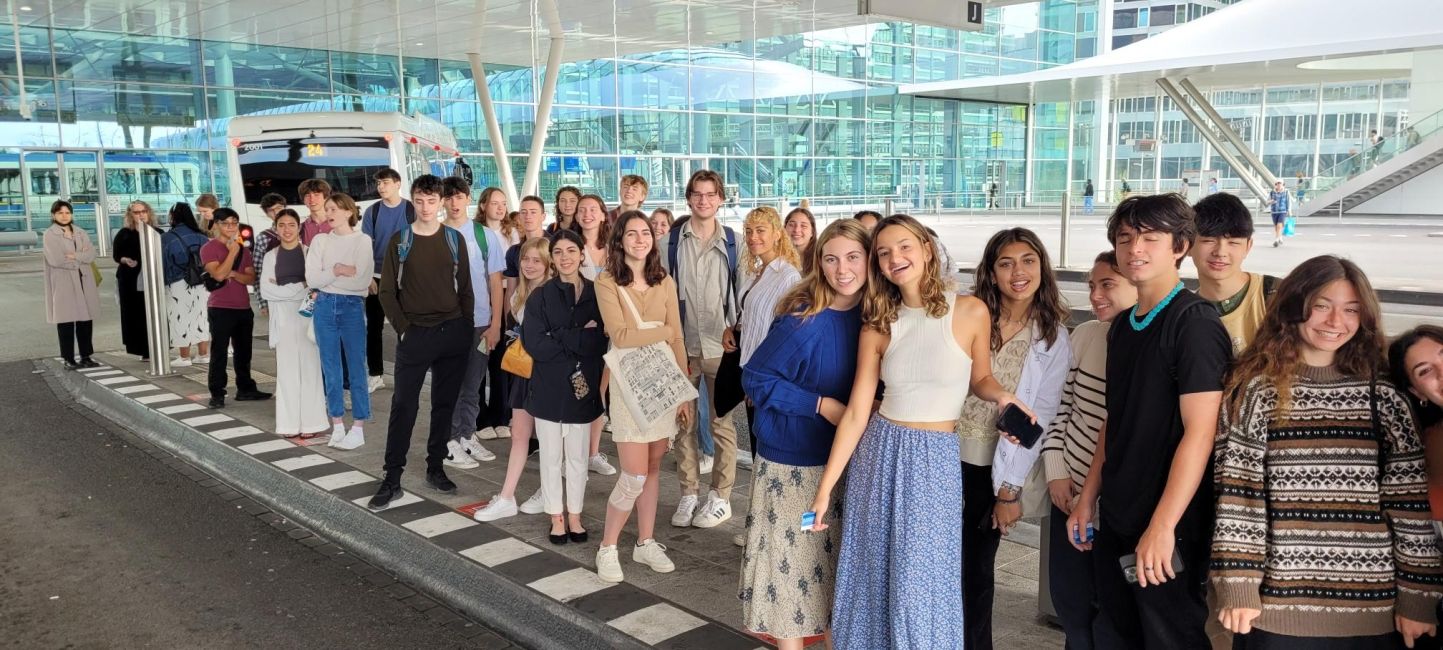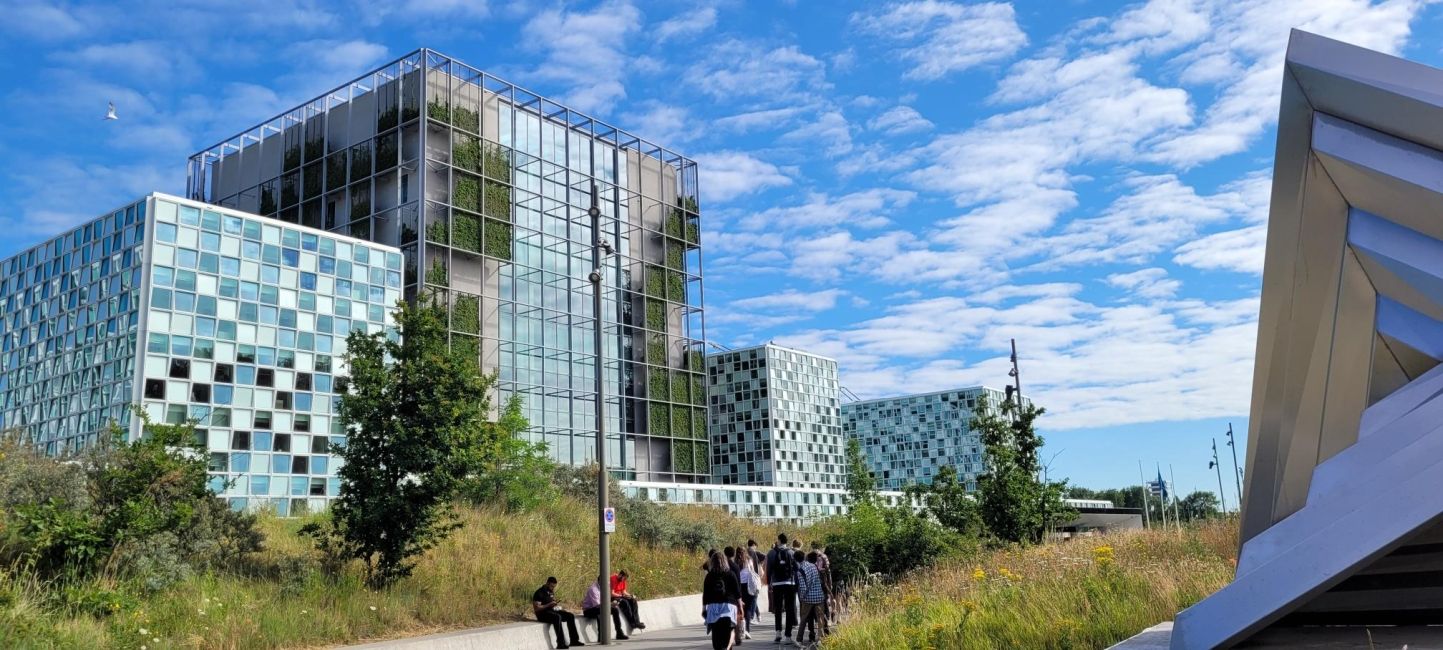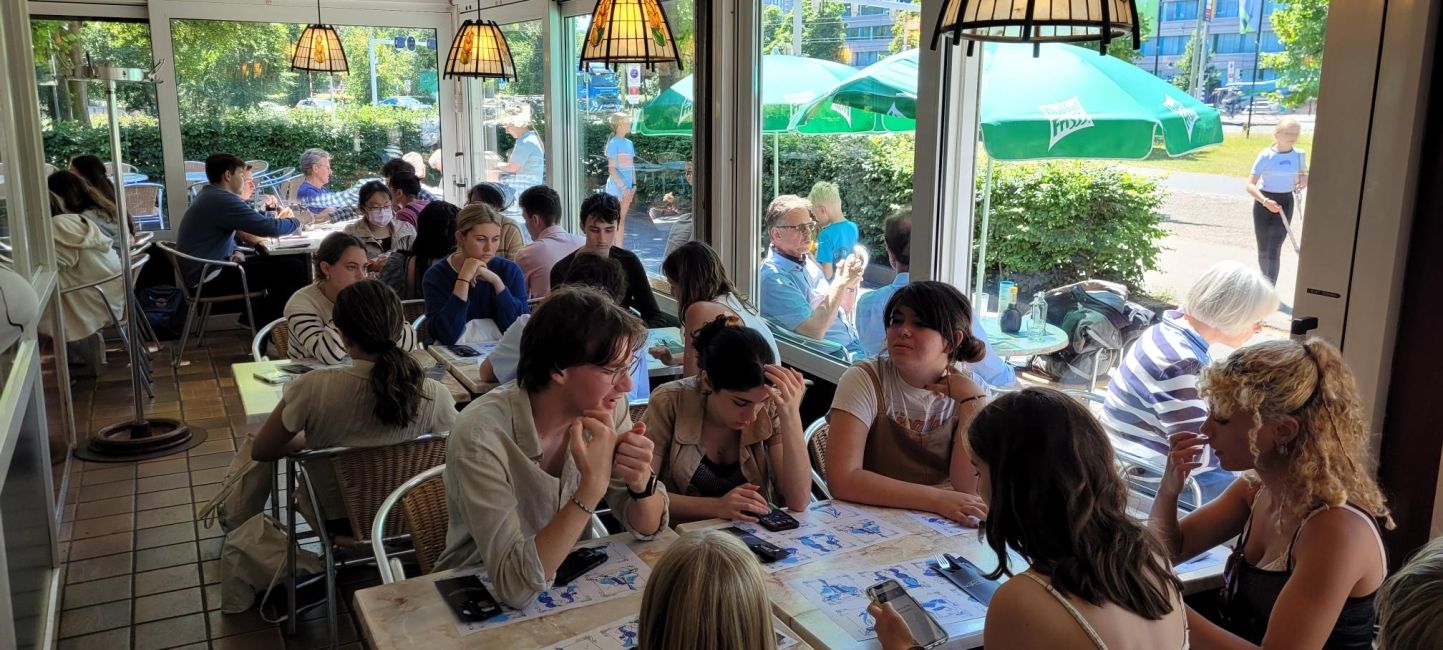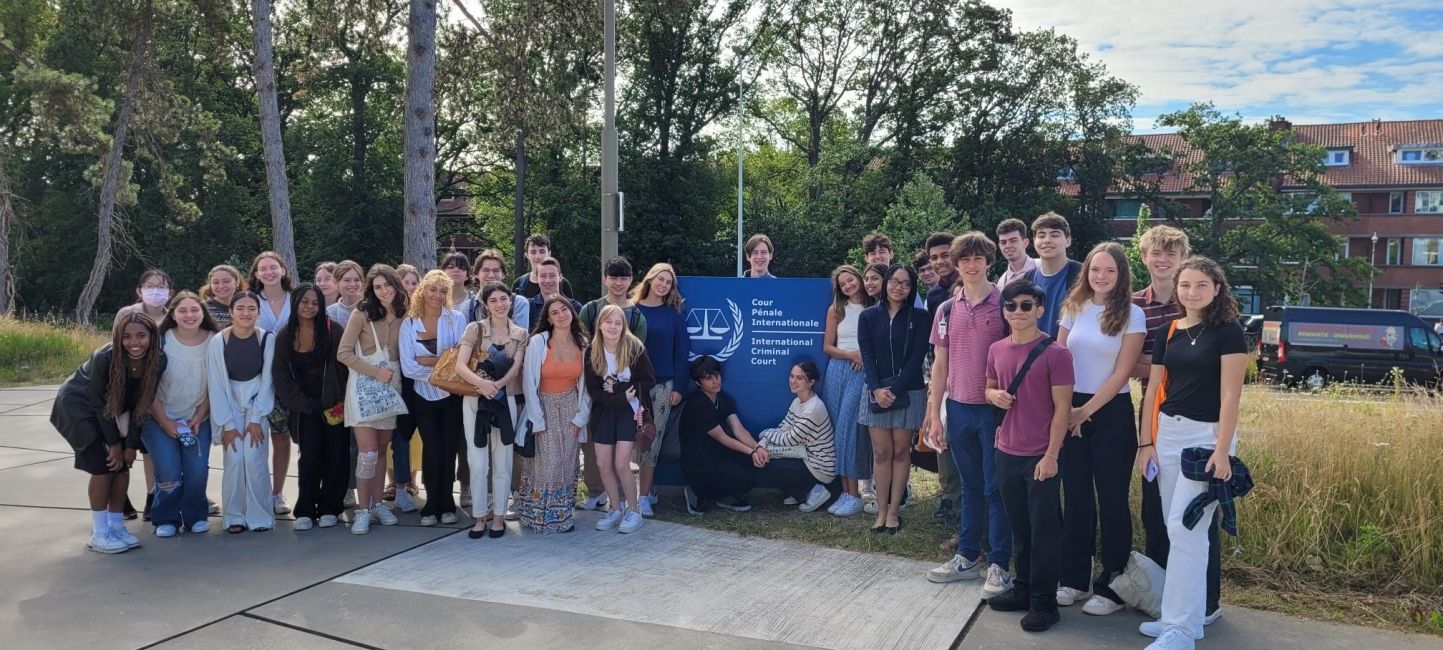The Trial of a War Criminal
World Government Participant, Taryn, chose to share her experience visiting the International Criminal Court:
At the end of my first week on the World Government program in Amsterdam, I had learned a couple of valuable lessons: the best place to buy tea in the morning is the cafe down the street, learning Dutch is way more difficult than it sounds, and, finally, make sure you don’t lose your public transportation card (something which I, unfortunately, learned the hard way). Surely, one thing I did not expect to learn that week, was what the proceedings of a notorious war criminal would look like from the inside.
The ICC, or International Criminal Court, was established in 2002, and was designed to be an international system of prosecution for those who have committed serious crimes against humanity. Located in The Hague, a major government district in the Netherlands, which is also home to a variety of other bureaucratic agencies, and the famous Escher museum, which we visited shortly after. In our world government class near the University of Amsterdam, we covered a brief introduction to the court, including its strengths and weaknesses in enforcing sentences for those who have committed atrocities, most commonly involving the trials of war criminals. The court itself, we discovered, while intended to be a collaborative forum with which nations can reach a common standard of justice, lacks enforcement agency, and may often become subject to long bureaucratic lags which delay the process at which justice is able to be achieved. We intended to figure out not only why this happens, but how our generation can work to fix it in the future.
Our session two program, waking up in the early morning, all boarded the same train at Centraal Station with this background information in mind, but really no idea what to fully expect. When we first stepped into the building, I simultaneously felt a wave of excitement and uncertainty. Having heard of international governing bodies such as the UN before, but being relatively inexperienced and unknowledgeable with international organizations focused on law and justice, the ICC was a wholly new experience for me and many of my other friends on the program.
After struggling for a couple minutes to put my bag into the lockers, we were all led upstairs to view a current case in session. Typically, when visiting groups are able to watch a session, they are brought up to a walled room with a large glass screen, with which they are able to look down at a given case and hear testimony. On the day that our group attended the trial as observers, the court was currently hearing witnesses speak about the atrocities committed by a Sudanese war criminal, and thus to protect the privacy of those impacted, the sound was cut off and the room was entirely silent. For the next ten minutes, our group sat in utter silence, viewing the court from the lens of an outsider but fascinated nonetheless.
Not only was this experience extremely valuable to me, as a student fascinated with law and international relations, I also found it to be extremely educational because it allowed me to be exposed to a new type of learning. Rather than just reading about international governing bodies in a textbook, we had the chance to become immersed in a real case. I have been so lucky to have been exposed to all different kinds of people at this program, and I know it is an experience which I will treasure deeply for the rest of my life, where I have made amazing lifelong friends, and learned more about the systems that govern our world.
Related Posts
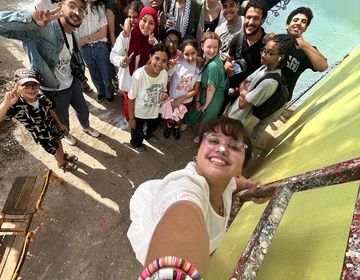
Student Spotlight - Sarah Mathew, Memories in Morocco
Throughout these past 3 weeks, I have immersed myself in the rich culture and diversity of Morocco. This program has given me a sense of community and has helped me... keep reading

Lessons from Ait Bouhaddou
Our students have truly embraced the idea that " everything is a learning experience." Last weekend, we traveled south of Morocco to one of its imperial cities: Marrakesh, the red... keep reading
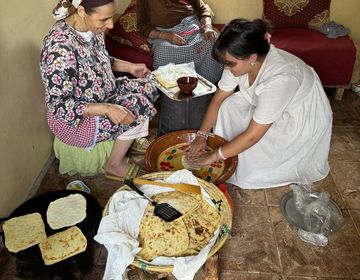
Taking Our Leadership to Marrakech
Early Saturday morning we boarded the bus to take our weekend excursion to Marrakech. The 3 hour bus ride itself was full of energy as we played “Werewolf” for half... keep reading
